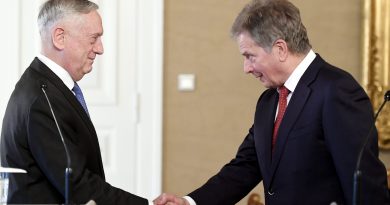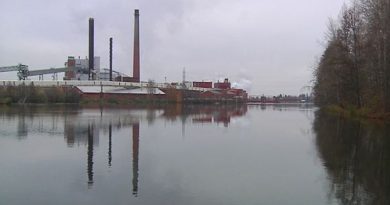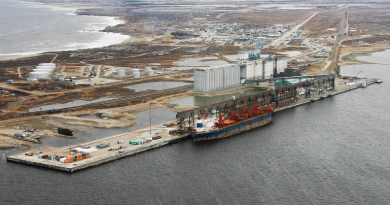Climate, integration & Arctic among priorities in Iceland’s Nordic Council of Ministers program
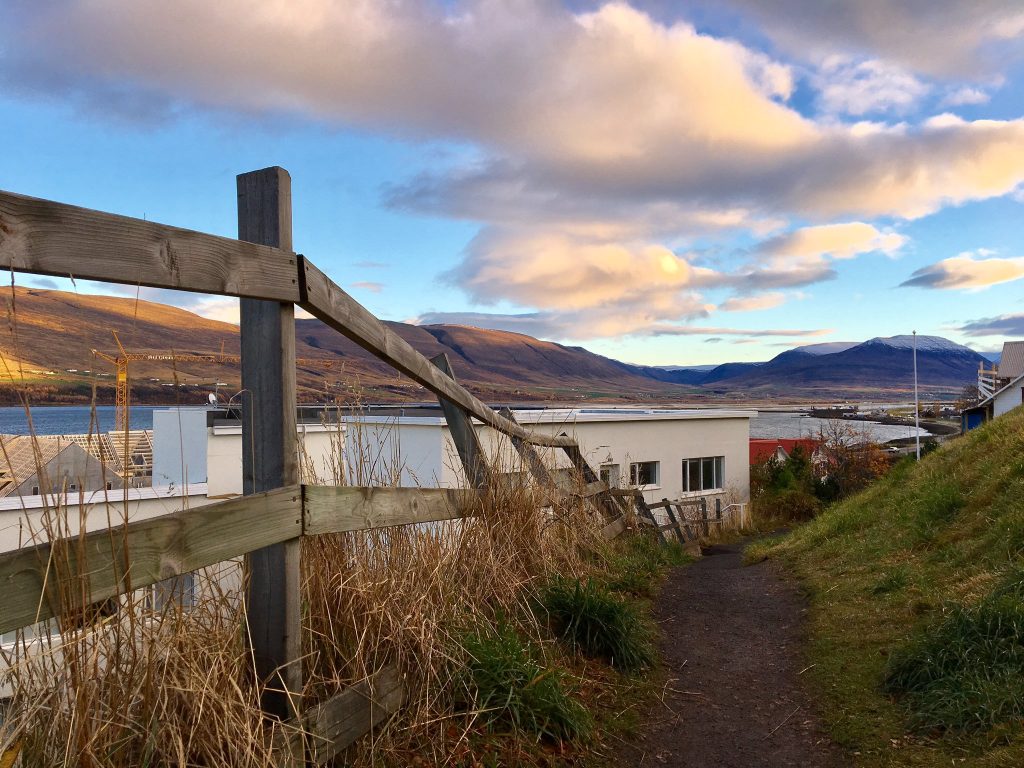
Supporting a green transition, ensuring a competitive Nordic region, and addressing climate challenges in Arctic communities will be among Iceland’s top priorities when the island nation takes over presidency of the Nordic Council of Ministers next year.
Iceland presented their program, “The Nordic Region—A Force for Peace” in Helsinki at the 74th Ordinary Session of the Nordic Council that wrapped up Nov. 3.
“The Nordic nations are at their strongest when they join forces,” Icelandic Prime Minister Katrin Jakobsdottir and Gudmundur Ingi Gudbrandsson, Minister for Nordic Co-operation, said in the introduction to the program.
“Not only does Nordic co-operation deliver results – it also brings us enjoyment and builds bridges between inhabitants of the region, in areas such as gender equality, the environment and universal welfare in our societies.”
The council includes Finland, Sweden, Iceland, Denmark and Norway and the autonomous regions of Greenland, the Faroe Islands and Åland, an autonomous region of Finland.
“There is widespread support for Nordic cooperation and for generations of people in the Nordic Region, this is how it has always been,” Jakobsdottir and Gudbrandsson said.
Supporting better integration
Iceland says its priorities will support the Council’s Action Plan Vision for 2030 that seeks to promote environmental protection, sustainability and further integration of the region.
“Nordic co-operation requires time and effort and should not be taken as a given,” Jakobsdottir and Gudbrandsson said.
“It is the result of discussion, work, and joint decisions which, taken together, make us stronger as one region.”
Arctic in focus
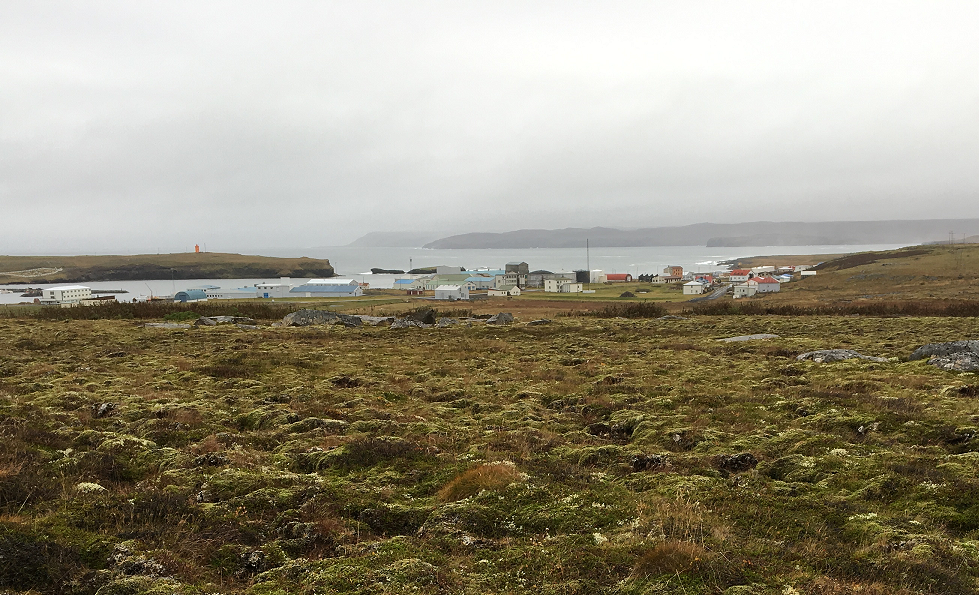
Sustainable development, climate adaptation and environmental protection heads up Iceland’s program, with a special focus on the challenges facing small northern communities in the region.
“The most visible aspect of climate change effects is in the Arctic region and in the Northern Hemisphere, and thus in the Nordic Region,” the program says.
“During the Icelandic presidency, there will be an opportunity to share experiences and good examples of climate change adaptation in the Nordic Region, among other things by emphasizing the diverse challenges faced by small communities in the Arctic area.”
Removal of Nordic administrative barriers
Eliminating unnecessary cross-border barriers, recognition of professional qualifications across jurisdictions and eliminating obstacles to digital public services are also among the the longterm goals of the Nordic Council.
Iceland said it will continue to promote this as part of its presidency program, with a short-term focus on continuing to work towards the development of essential services between the Nordic countries.
“Consideration will be given to digital solutions, common recognition of professional qualifications and improved tax regulations between the countries in order to enable people to study, work and run companies in countries other than their own,” the program document said.
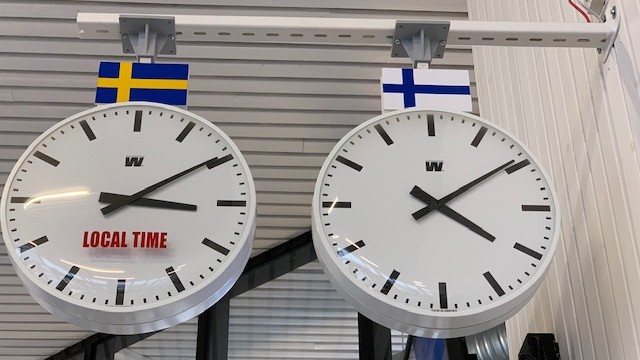
Health tops social sustainability
The health care systems in the Nordic countries are admired around the world, and their focus on prevention should continue to be bolstered, the program said.
The experiences of delivering health care during the pandemic should continue to be mined for lessons that could be used to reinforce the systems during future crisis, the program said.
“Nordic communities are currently faced with challenges due to rising average age and the consequences of COVID-19,” the document said.
“It is important that we strengthen our response in times of danger, such as during a pandemic or other health crises, for example through collaboration on safe delivery, constant production and safe distribution of food and medicine. Work will continue on preparedness in the field of vaccinations and pharmaceuticals.”
Iceland will assume the presidency of the Nordic Council of Ministers on January 1.
Write to Eilís Quinn at eilis.quinn(at)cbc.ca
Related stories from around the North:
Canada: Climate conference hears loss of Arctic summer sea ice now inevitable by 2050, The Canadian Press
Greenland: COP27— Indigenous knowledge must be included in policy making say Inuit leaders, Eye on the Arctic
Norway: Norway ups climate ambitions…and boosts its fossil fuels, The Independent Barents Observer
Russia: Russian Arctic coal is looking for way out of sanctions, The Independent Barents Observer
Sweden: Will the green transition be the new economic motor in the Arctic?, Eye on the Arctic

